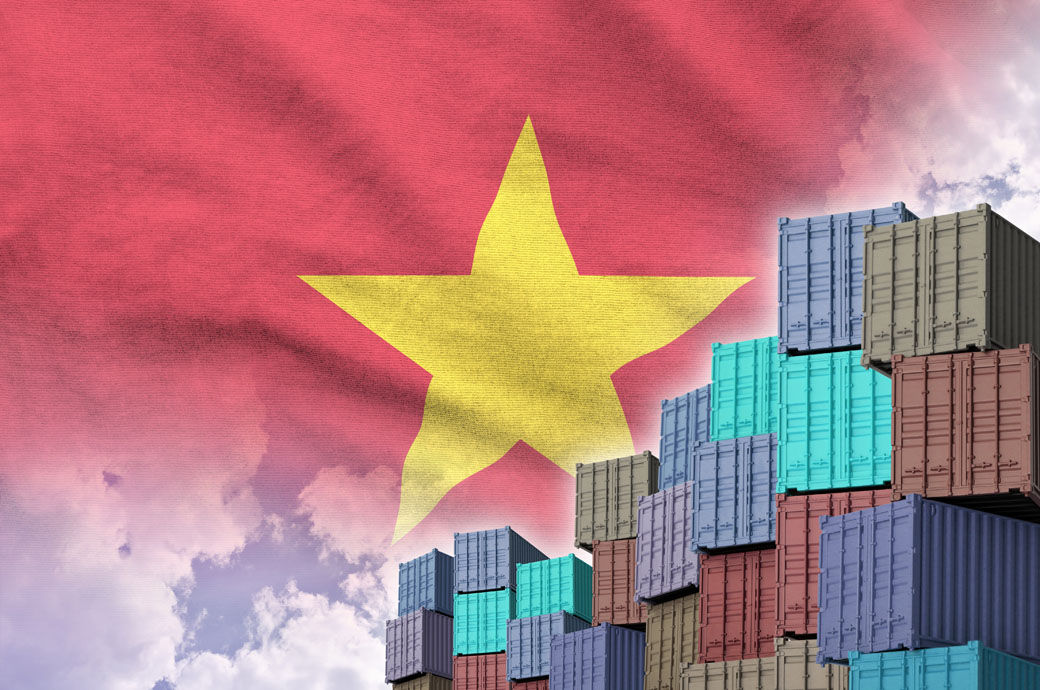
As per the decree, effective from October 15, 2024, to December 31, 2027, the average special preferential import tariff will be 10.3 per cent in 2024; 9.3 per cent in 2025; 8.4 per cent in 2026; and 7.5 per cent in 2027.
Following over seven years of negotiations and 12 rounds of bilateral talks, VIFTA was finalised on April 2, 2023, and formally signed on July 25, 2023.
The agreement encompasses 15 chapters and related annexes, covering key areas like trade in goods and services, investment, rules of origin, technical barriers to trade, sanitary and phytosanitary measures, customs procedures, trade remedies, government procurement, and legal and institutional frameworks.
Israel is the first country in West Asia with which Vietnam has signed an FTA and Vietnam is also the first country in the Southeast Asian region to sign an FTA with Israel.
The FTA is expected to allow Vietnam to export its products beyond Israel to other markets in the Middle East, North Africa and Southern Europe.
Imported goods eligible for special preferential import tax rates under the VIFTA agreement must meet three conditions: First, they must be included in the special preferential import tariff schedule issued with this decree. Second, they must be imported into Vietnam from Israel. Third, they must comply with the rules of origin and possess a certificate of origin as stipulated by the VIFTA agreement and current regulations.
For goods imported into the domestic market from Vietnamese customs-free zones, in order to be granted the special preferential import tax rate under the VIFTA agreement, they must meet the first and third conditions mentioned above, a release from Vietnam’s customs department said.
According to preliminary statistics from the general department of Vietnam customs, the country’s total import value from Israel in the first nine months this year was worth over $1.67 billion—a 4.4-per cent increase year on year.
Fibre2Fashion News Desk (DS)